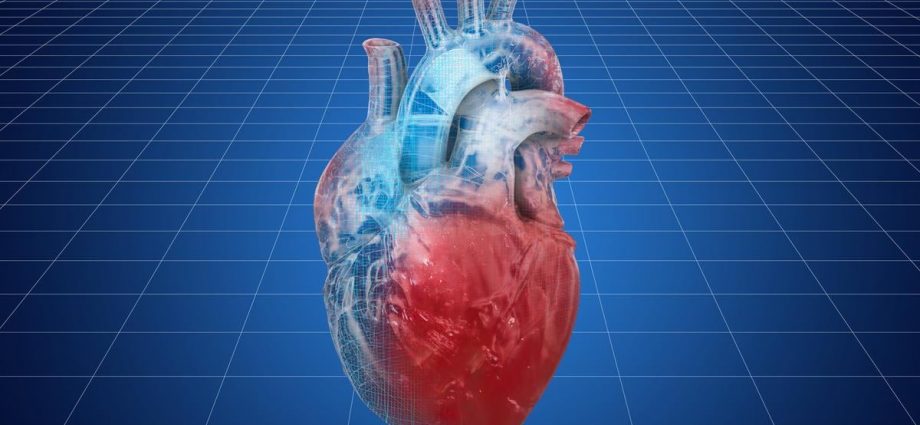FRIDAY, Nov. 8, 2024 (HealthDay News) — Researchers think they’ve figured out why cancer treatments that harness a person’s immune system to fight a tumor can cause heart damage in rare instances.
Further, what they’ve learned sheds light on how this potentially deadly side effect might be prevented.
Specific types of immune cells unleashed by cancer immunotherapy appear to cause myocarditis, an inflammatory condition that can weaken the heart, researchers report.
This immune reaction in the heart is distinct from the immune response attacking a person’s cancer, researchers say – which means that immunotherapies might be tweaked to more directly attack tumors without harming the heart.
“This study is a game-changer, paving the way to unearthing the roots of these complications,” said co-senior researcher Dr. Kerry Reynolds, clinical director of inpatient oncology at Massachusetts General Hospital in Boston.
About one-third of U.S. patients with cancer can be treated immune checkpoint inhibitors, drugs that take the brakes off the body’s immune system so it can target and attack cancer cells, researchers explained in background notes.
Roughly 1% of patients treated with an immune checkpoint inhibitor – more than 2,000 people a year in the United States – develop myocarditis as a side effect of the cancer therapy. The number goes up to nearly 2% among patients treated with combination immunotherapy drugs.
“Myocarditis from immune checkpoint inhibitors is a major hurdle for us clinically,” Reynolds noted.
In about 50% of cases, myocarditis leads to dangerous heart problems like irregular heartbeat and heart failure, the researchers said. About a third of patients who develop the condition will die from it.
“We don’t have great solutions now to help these patients, so we try everything to shut down the immune system and reverse myocarditis, but that’s an imprecise approach that comes with its own risks,” said co-senior researcher Alexandra-Chloé Villani, an investigator in the Krantz Family for Cancer Research and the Center for Immunology and Inflammatory Diseases at Massachusetts General Hospital.
For the new study, researchers collected blood, heart tissue and cancer cells from people who developed myocarditis while receiving cancer immunotherapy.
The team found that immunotherapy promoted the recruitment and retention of immune cells in the heart involved in inflammation.
They also found that immune receptors being triggered in the heart were different from those being triggered to fight cancer.
“Because the responses in the tumor and the heart are different, it makes us hopeful that we can someday disentangle the two and treat them separately,” said co-lead researcher Dr. Steven Blum, an oncologist at Massachusetts General Hospital.
Further, the pattern of immune cells in the blood also indicated which people were more likely to develop myocarditis, which means a blood test could be developed to flag patients at increased risk for the heart complication, researchers said.
The new study was published Nov. 6 in the journal Nature.
“It’s important to remember that immunotherapy drugs are miracle life-saving medicines, and patients should not be afraid of them,” Villani said in an MIT/Harvard news release. “We just need to make them work better so that we can maximize their anti-tumor treatment benefit while minimizing the risk of adverse events.”
More information
The National Cancer Institute has more about immunotherapy.
SOURCE: Broad Institute of MIT and Harvard, news release, Nov. 6, 2024
Copyright © 2026 HealthDay. All rights reserved.

